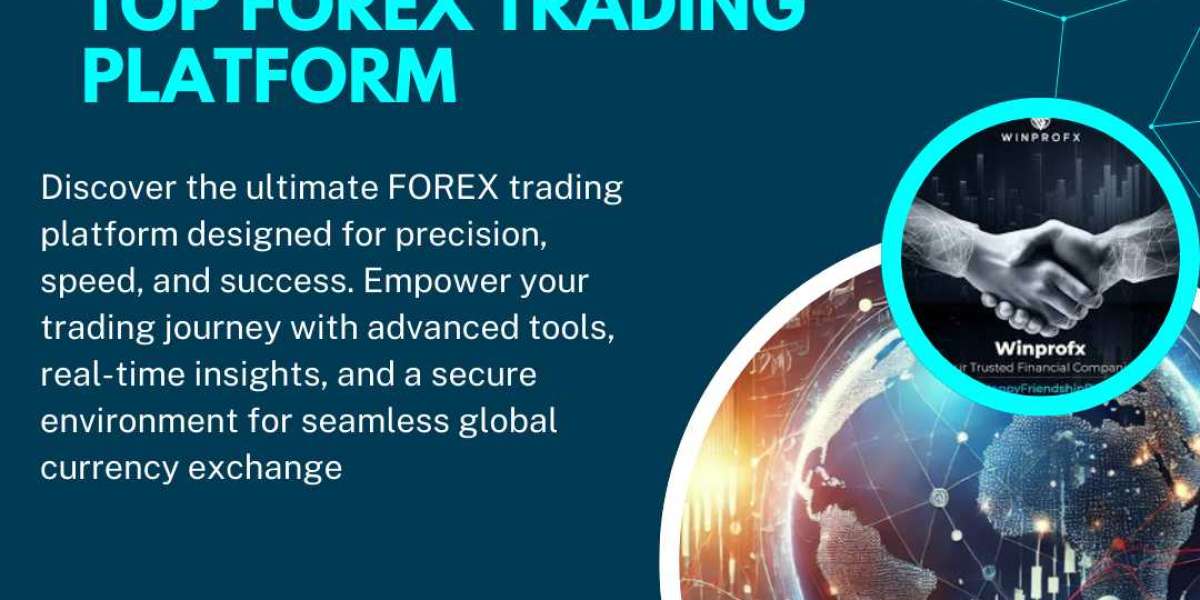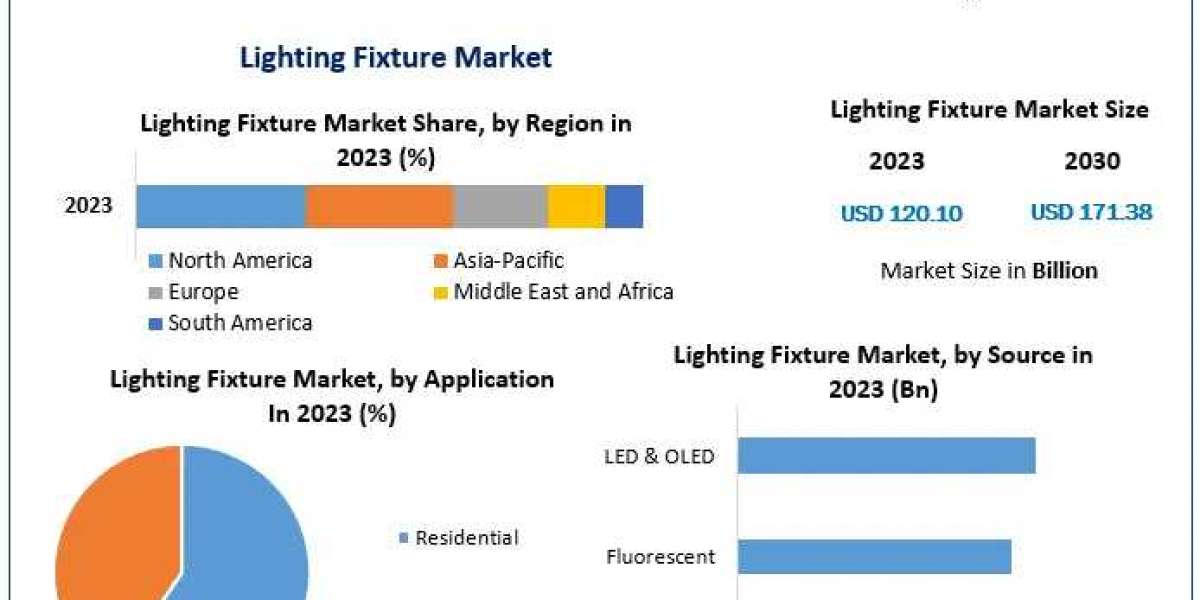When choosing the best Forex trading platform, it's important to consider factors such as fees, features, security, customer service, and the overall user experience. Here are some of the top Forex trading platforms widely recognized for their reliability and performance:
1. MetaTrader 4 (MT4)
- Features:
- Extremely popular and widely used for Forex trading.
- Offers advanced charting, analysis tools, and automated trading.
- Supports Expert Advisors (EAs) for automated trading strategies.
- Pros:
- User-friendly interface.
- Extensive community and resources.
- Available for desktop and mobile.
- Cons:
- Limited chart customization compared to other platforms.
- Outdated design (though highly functional).
2. MetaTrader 5 (MT5)
- Features:
- More advanced version of MT4 with additional features.
- More timeframes and order types.
- Integrated economic calendar and more indicators.
- Pros:
- Supports both Forex and other markets (stocks, commodities, etc.).
- Faster execution and more sophisticated order types.
- Cons:
- Not all brokers support MT5.
- More complex compared to MT4.
3. cTrader
- Features:
- Advanced charting tools, automated trading, and fast order execution.
- Includes both manual and algorithmic trading features.
- Pros:
- Excellent interface and charting.
- Allows more flexibility for algorithmic trading.
- Cons:
- Fewer brokers support cTrader compared to MT4/5.
4. NinjaTrader
- Features:
- Comprehensive trading platform for Forex, futures, and stocks.
- Advanced charting and strategy-building tools.
- Includes backtesting and analysis features.
- Pros:
- Great for advanced traders who focus on data and strategy building.
- Good for automated trading.
- Cons:
- Higher learning curve.
- Some features come with fees.
5. TradingView
- Features:
- Known for its top-tier charting and analysis tools.
- Social trading features allow users to share ideas and strategies.
- Pros:
- Great for technical analysis.
- Cloud-based, so you can access it anywhere.
- Very intuitive user interface.
- Cons:
- Limited broker integration.
- Not as advanced for automated trading as platforms like MT4/5.
6. Thinkorswim (by TD Ameritrade)
- Features:
- Excellent charting and analysis tools.
- Supports multiple asset classes, including Forex.
- Paper trading feature for practicing strategies.
- Pros:
- High-quality tools for both beginners and advanced traders.
- Educational resources and support.
- Cons:
- Not as specialized in Forex as other platforms.
- Some users report a slower execution time for Forex trades.
7. eToro
- Features:
- Social trading platform with an easy-to-use interface.
- Allows copy trading (following the strategies of top traders).
- Suitable for beginners.
- Pros:
- Intuitive and beginner-friendly.
- Copy trading and social features.
- Cons:
- Limited charting features compared to specialized platforms like MT4.
- Higher spreads and fees compared to some other platforms.
8. IG Trading
- Features:
- Well-regulated broker with advanced trading tools.
- Includes access to various markets, including Forex, stocks, indices, and more.
- Proprietary trading platform with charting, order types, and technical analysis.
- Pros:
- Reliable with a long track record.
- Great for both beginners and experienced traders.
- Cons:
- Limited third-party integrations.
9. SaxoTraderGO (by Saxo Bank)
- Features:
- Easy-to-use and powerful trading platform.
- Offers Forex trading alongside other assets like stocks and bonds.
- Advanced charting and analysis tools.
- Pros:
- Great user interface and mobile apps.
- Comprehensive education and support resources.
- Cons:
- High minimum deposit requirement.
- Charges high commissions.
10. Interactive Brokers (IBKR)
- Features:
- Professional-level tools and features for Forex traders.
- Provides access to a broad range of global markets.
- Low-cost commission structure.
- Pros:
- Excellent for professional traders.
- Low transaction costs and strong platform tools.
- Cons:
- Complex interface, not the best for beginners.
Key Considerations When Choosing a Forex Platform:
- Fees and Spreads: Different platforms offer different fee structures, including spreads, commissions, and account maintenance fees.
- User Interface: Some platforms are designed for beginners, while others are more suited for professional traders with advanced needs.
- Regulation and Security: Ensure that the platform is regulated by reputable authorities for security and reliability.
- Execution Speed: Quick execution is essential, particularly for scalpers and high-frequency traders.
- Charting and Tools: Ensure the platform offers a sufficient range of technical analysis tools, charts, and indicators.
Conclusion:
For beginners, MetaTrader 4 or eToro may be the most accessible. However, for more advanced traders, MetaTrader 5, cTrader, or Interactive Brokers offer more flexibility and advanced tools. Each platform has its own strengths, so it ultimately depends on your trading style and experience level.








